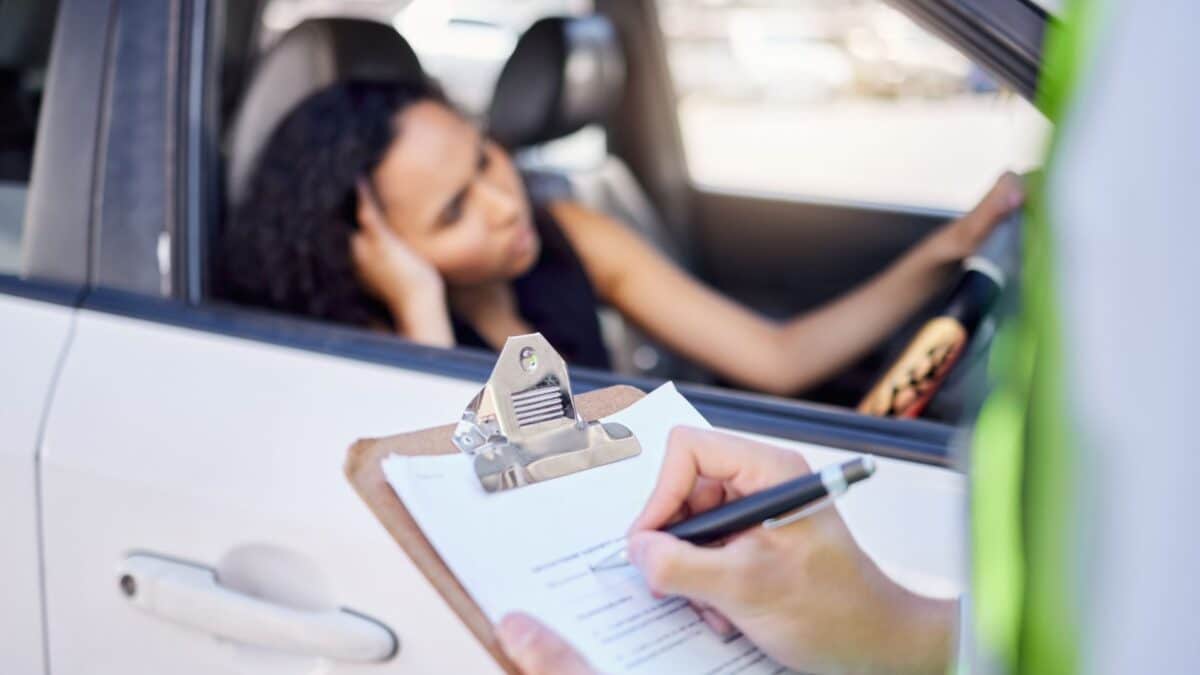A new bill introduced in Connecticut aims to significantly raise penalties for reckless drivers, particularly those caught speeding in excess of 100 mph. The bill, currently advancing through the state legislature, has garnered bipartisan support and is poised to introduce severe measures that could change how extreme speeding violations are handled in the state. If passed, the legislation could see drivers facing fines of up to $1,000, their vehicles impounded, and even jail time for the most extreme violations.
The bill comes in response to a growing number of speed-related accidents in Connecticut. With more than 5,600 speed-related crashes reported over the past year, lawmakers are looking to make the roads safer by targeting “super speeders” who endanger public safety. This development marks a significant shift in the state’s approach to handling extreme driving offenses, extending beyond just public roads and into private properties such as parking lots.
Tackling The Rise of Speed-Related Accidents
According to data from the University of Connecticut, the state experienced over 5,600 speed-related crashes in the past 12 months. Tragically, 55 of those resulted in fatalities. This alarming trend has prompted state lawmakers to push for more stringent measures aimed at reducing reckless driving. In an effort to curb these incidents, House Bill No. 7260 seeks to impose severe penalties for those caught driving at speeds exceeding 100 mph.
The bill sets a baseline fine of $200 to $600 for drivers caught speeding at high rates, with penalties escalating for more extreme violations. A first offense could lead to a fine and potential points on the driver’s license, but repeat offenders could face fines as high as $1,000 and additional penalties, including a four-point endorsement on their driving record. For the most severe cases, drivers could be sentenced to up to 30 days in jail.
Vehicle Impoundment as a Deterrent
One of the most striking features of the proposed law is the potential for vehicle impoundment. Under the new rules, drivers who violate the law by exceeding 100 mph could have their vehicles taken away and held for up to 48 hours. The costs associated with towing and storage would be borne by the driver, adding an extra financial burden on those caught speeding.
This move reflects lawmakers’ growing frustration with the increasing number of dangerous drivers on the road. The state is hoping that the threat of impoundment, in addition to steep fines, will serve as a strong deterrent for reckless driving. Connecticut Attorney General William Tong emphasized that the law sends a clear message: those who endanger others with extreme driving will be held accountable.
Broad Bipartisan Support for Stricter Measures
The legislation has received widespread support across party lines, with both Democrats and Republicans backing the bill. State Rep. Donna Veach, who played a pivotal role in introducing the bill, cited her personal experiences on the state’s highways as a key motivator. Veach described witnessing dangerous driving behavior, including cars weaving in and out of traffic at high speeds, which she believes has contributed to the growing number of accidents.
This broad political backing signals a strong commitment from Connecticut lawmakers to address the growing dangers posed by speeding on the state’s roads. The bill has already advanced through the state House, and its bipartisan nature makes its passage through the state Senate appear likely.
Exploring New Technologies to Curb Speeding
As lawmakers push for tougher penalties, they are also considering the use of new technology to help prevent speeding in the first place. One such solution is the Intelligent Speed Assist (ISA) system, which uses GPS to identify speed limits on different road segments and prevent cars from exceeding them. The system can be installed either during the manufacturing of a car or as an aftermarket addition.
By using ISA technology, state legislators hope to reduce the reliance on fines and penalties as the primary method of enforcement. If implemented, these systems would help prevent extreme speeding by physically limiting the speed of the car based on its location. The introduction of such technology reflects a growing trend to combine law enforcement with advanced tech to tackle persistent issues like speeding.
Public Reaction and Future Implications
While the bill has received strong support from lawmakers, there is also public interest in how these changes might affect drivers. The proposal has sparked debates about the role of government in regulating driving behavior, particularly regarding private roads and parking lots. Critics argue that such stringent measures could disproportionately affect drivers who are not causing harm, while supporters believe the legislation is necessary to address the increasing dangers on the roads.
The bill’s passage could set a precedent for other states to follow suit, as the issue of reckless driving and speed-related accidents is not unique to Connecticut. The success of this law could lead to similar measures being introduced elsewhere, potentially reshaping the way extreme speeding violations are handled across the country.









